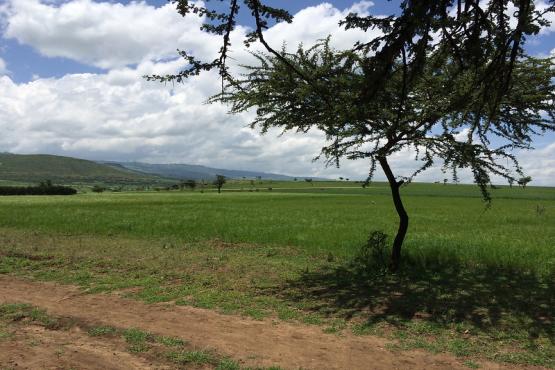Project Overview
As coffee production intensifies in southern Ethiopia, so do deforestation and biodiversity loss. Low farm-gate coffee prices lead to further expansion as farmers seek to improve their livelihoods. Yet knowledge gaps exist due to a lack of training opportunities on how to improve product quality. Limited access to services such as credit, inputs and equipment also restrict options for developing more sustainable value chains. On average, deforestation rates exceed restoration rates, mainly because adequate incentives for forest protection do not exist. A new policy framework aims to transform the agriculture sector by increasing crop production, reducing the degradation of natural resources and enhancing food security.
Sites:
Oromia Regional State, Southern Nations, Nationalities and Peoples Regional State.
Commodities:
Coffee
Area Covered:
1,861,552 hectares
Executing Partner and GEF Implementing Agency:
United Nations Development Programme

Project Features
The goal is to prevent further forest loss, promote restoration and integrate sustainability into coffee value chains and the food system. By developing integrated landscape management systems, the project will support government processes through a participatory and inclusive approach.
Deforestation-free coffee production practices through Capacity-building programs for producers will lead to sustainable agronomy practices, increase the value of coffee and facilitate access to markets through better marketing, certification and traceability schemes.
Protecting, conserving and restoring critical landscapes, ecosystems and habitats will benefit wildlife conservation efforts. Coffee buyers, traders, and roasters will be encouraged to invest in deforestation-free coffee value chains and farmers will be encouraged to implement sustainable coffee production practices and responsible sourcing.
A gender gap analysis will lead to the development of an action plan to ensure gender mainstreaming across all interventions and pursue gender-transformative outcomes at the coffee sector and policy levels.

A tree in Ethiopia. By Natalia Cieslik/World Bank







